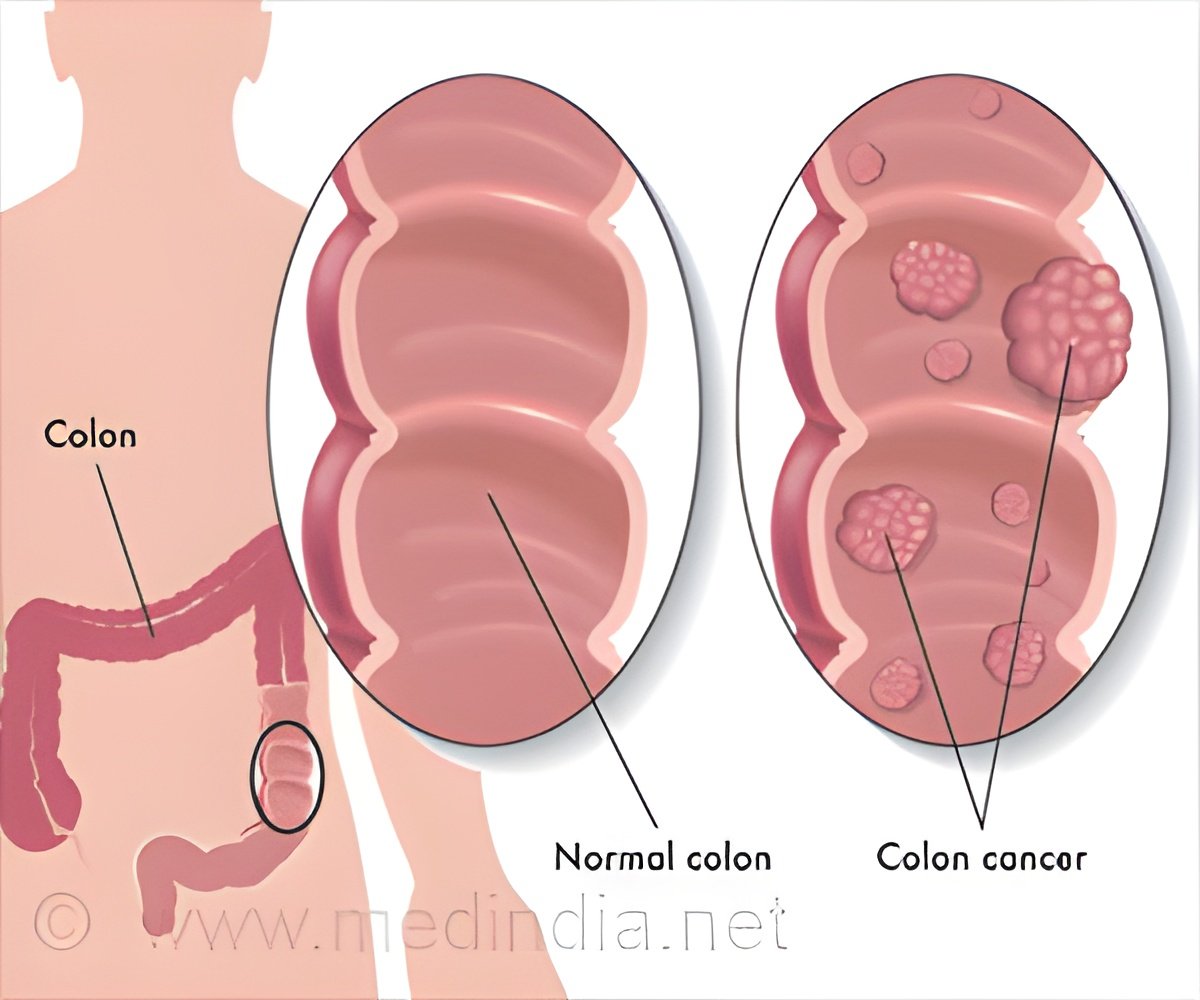Learn how COVID-19 measures impacted cancer diagnoses in the post-pandemic period.

‘From delayed diagnoses to improved care; there is a need for a wake-up call to rebuild cancer services post-pandemic #COVID-19 #Cancer’





However, in the post-state of emergency phase from June 16 to December 15, 2020, diagnoses began to increase.The study also noted that patients with colorectal cancer and non-Hodgkin lymphoma diagnosed during the pandemic had poorer one-year survival rates than those diagnosed in 2018.
These findings are consistent with similar studies conducted in other countries, including the United Kingdom, the United States, the Netherlands, Germany, Japan, and other parts of Canada. The authors of the study emphasize the importance of screening services in reducing late-stage cancer diagnoses and recommend that cancer care systems become more efficient and increase capacity to mitigate the long-term effects of the pandemic on cancer outcomes.
Screening Saves Lives: The Urgent Need for Cancer Detection during COVID-19
Based on a new Alberta study published in CMAJ (Canadian Medical Association Journal), pandemic limits were associated with a significant decrease in breast, colorectal, prostate, and melanoma diagnoses (1✔ ✔Trusted SourceImpact of the COVID-19 pandemic on cancer diagnoses, stage and survival in Alberta
Go to source).
"The sweeping and unprecedented measures enacted at the beginning of the COVID-19 pandemic in Alberta had an inevitable impact on cancer care," writes Dr. Darren Brenner, an epidemiologist in Calgary, Alberta, and associate professor at the University of Calgary's Cumming School of Medicine, with coauthors. "Even though treatment and urgent surgeries for cancers were prioritized when other procedures were delayed or canceled, preventive and diagnostic services were greatly reduced."
The study compared survival rates for 3 groups of patients diagnosed between (1) Jan. 16, 2018, and Mar. 15, 2019; (2) Mar. 16, 2019, and Mar. 15, 2020; and (3) Mar. 16 and Dec. 15, 2020. The researchers divided the third period into a "state of emergency" (SOE) phase (Mar. 16 to June 15, 2020) and a post-SOE phase (June 16 to Dec. 15, 2020).
Advertisement
"Our findings that early-stage breast and colorectal cancer had the largest decrease in diagnoses suggest that a reduction in screening services during the first wave of pandemic-related restrictions in Alberta resulted in asymptomatic individuals receiving a diagnosis later than they would have otherwise," write the authors. "These results highlight the importance of screening services in reducing late-stage cancer diagnoses."
Advertisement
By December 2020, the rate of diagnoses had returned to a level more in line with pre-SOE levels.
The findings are consistent with studies from the United Kingdom, the United States, the Netherlands, Germany, Japan, and other parts of Canada. In Ontario, there was a 34% drop in new cancer diagnoses in April 2020, and Manitoba had a 23% reduction in the same period. An estimated 15% reduction in Quebec occurred in the first year of the pandemic.
Cancer care must become more efficient and increase capacity to reduce the long-term effects of the pandemic on cancer outcomes, the authors conclude.
Reference:
- Impact of the COVID-19 pandemic on cancer diagnoses, stage and survival in Alberta - (https://www.cmaj.ca/content/195/23/E804)
Source-Eurekalert















